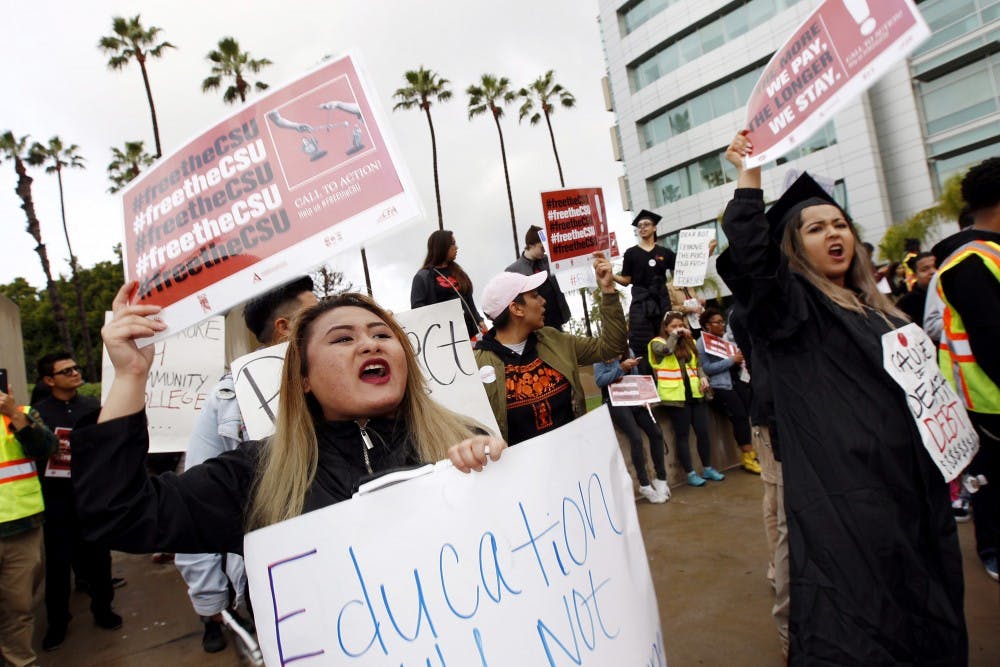Imagine being part of a group that believes in an idea. Then taking that idea to the streets to express your fundamental right of freedom of speech in order for that idea to be heard. And then imagine your university, which you pay for with tuition and tax money, decides to shut you down. Why? It either disagrees with what you are saying or how you are saying it. Either way, it just suppressed your rights.
These scenarios are not as uncommon as believed. Many universities across the United States have free speech zones, which are specified areas on a campus where people are allowed to have their First Amendment rights in full. Elsewhere, universities can shut down the speech. And technically, they can just as easily shut down the speech in these zones as well.
Free speech zones are not a new thing. They originated back during the 1960s when students would hold protests against the Vietnam War. Whether you agree with the war or not is irrelevant in this case — no matter your stance, students have the right to express their views. And students today definitely still hold that right.
A great example of freedom of speech being restricted on a college campus unnecessarily was at Los Angeles Pierce College in 2016. Kevin Shaw, a student there, was barred from handing out copies of the U.S. Constitution because he was not in a free speech zone. Whether the college felt like this was some sort of attack, or just did not want students to know about their right to freedom of speech, Shaw is now suing the college with the Foundation for Individual Rights in Education. Shaw’s lawsuit is one of many that this foundation is helping, and it goes to show that many campuses have unlawful, unjust restrictions on freedom of speech. Whether passing out constitutions or holding protests, the right to freedom of speech is lawful under the U.S. Constitution and cannot be limited by universities.
The University of South Carolina has restrictions on freedom of speech, though not as severely enforced as other universities. At USC, there are four areas that serve as free speech zones. According to the university’s policy, the zones the Russell House Student Union (specific spots within), the portion of Greene Street blocked off from cars, Pickens Street Bridge and a specific spot of the Coliseum. Any forms of demonstration or protest outside these areas are restricted and will be shut down. On top of that, these zones require a sign-up with the events coordinator and can only occur during daylight. USC deserves credit because it is not totalitarian with these spaces nor does it go out on a limb to shut down speech outside of the spaces. There are often church groups handing out bibles, and they are not in the zones. However, the fact that these zones exist gives the school the power to restrict speech on very little basis if it so wishes.
Now, I obviously understand the need for universities to control speech in certain situations. If there is a riot occurring on Greene Street and it is completely interrupting classes and hurting students, then yes the university has the right to shut that down. I acknowledge that there are certain situations revolving around the need for shutting down speech. However, the university’s power to restrict speech, whether or not used in every situation, in itself is a violation of our rights.
Free speech zones are inherently restrictive on speech and limit the one thing that the zones promise. This violation of our rights should be revoked, and true freedom of speech should stand at our university. Currently five states — Tennessee, Virginia, Colorado, Utah, and most recently North Carolina — have free speech legislation which prohibit free speech zones. The free speech zones must go. Whether the state of South Carolina or the university discards them does not matter. They must go.

